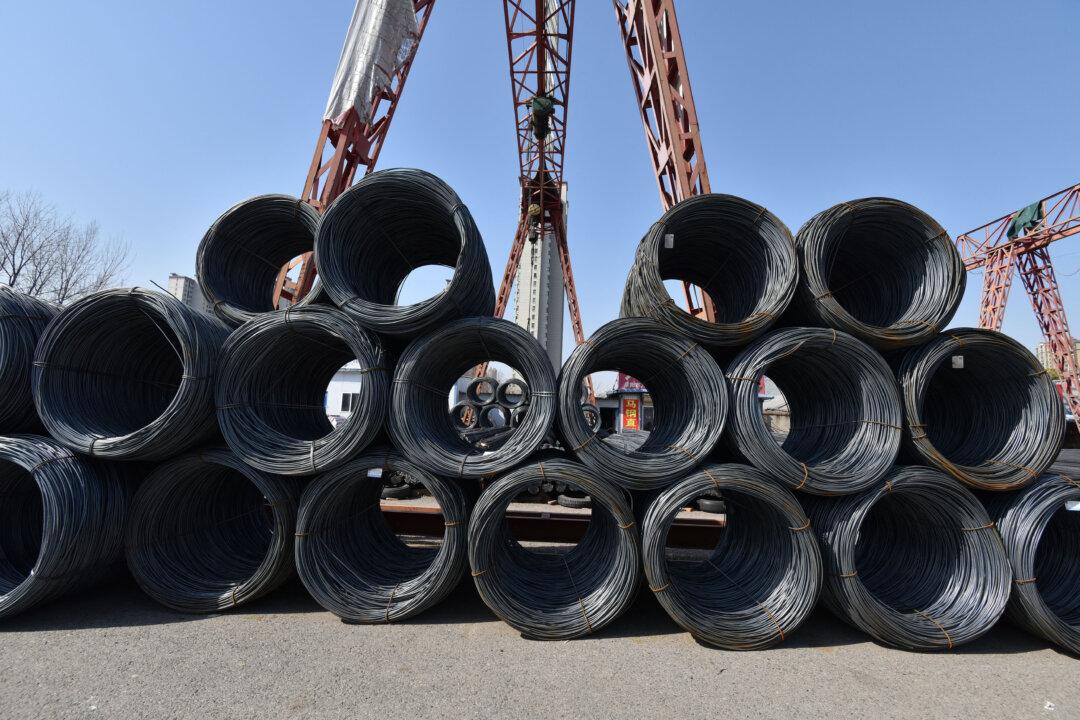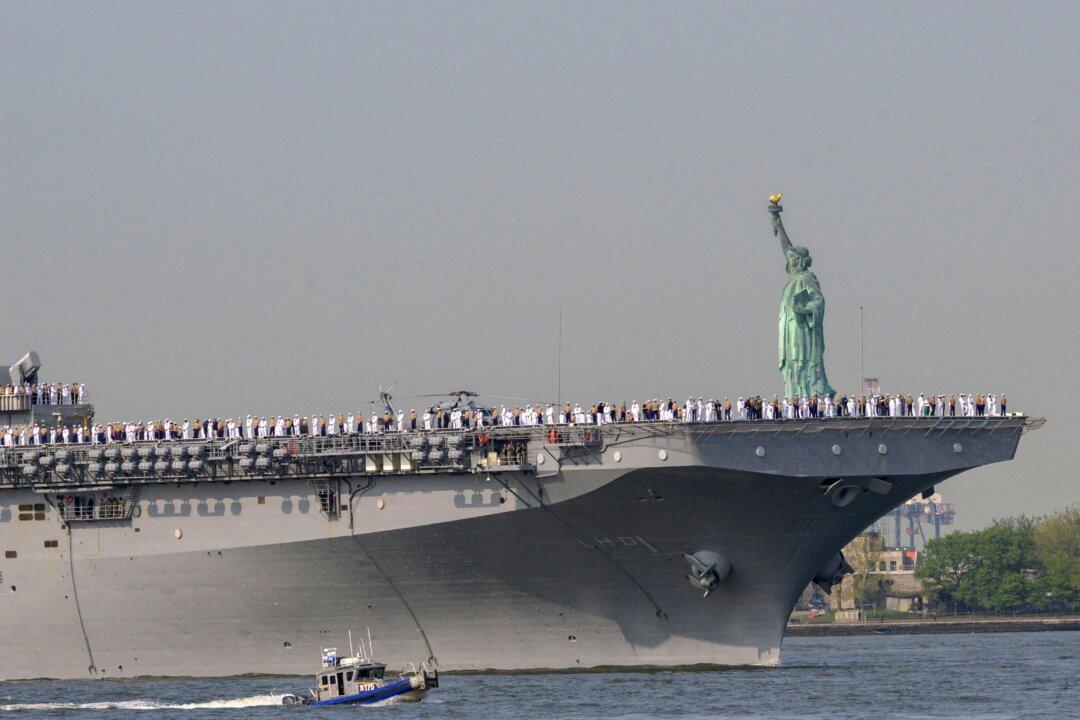Thailand is buying submarines that it doesn’t need from China, and China has no engines to put in them. How could this happen?
Perhaps the Thai navy got bad advice. Perhaps Thai officials got paid off by the Chinese—it is one of Beijing’s favorite strategies when signing contracts for billions of dollars around the world.
Whatever happened, China sold Thailand something it couldn’t deliver: Chinese submarines with German engines. When Germany’s engine maker, MTU Friedrichshafen GmbH, refused to provide the engines due to European Union sanctions from the 1989 Tiananmen Square Massacre, Beijing realized it had to provide something else, or lose the Thai contract and its own pride.
The regime offered Thailand two old submarines, decommissioned from the Chinese navy. What an insult. They are only fit for training. Beijing also offered Bangkok two other kinds of engine to replace the German ones for the submarines.
Vice Admiral Pokkrong Monthatphalin has signaled that so far, however, the Thai navy is rejecting all of what China has on offer.
The single Chinese submarine bound for Thailand, which does not yet exist, cost Bangkok $410 million. China also sold eight submarines to Pakistan. These could also be missing their engines. Pakistan and Germany refused to comment when asked by the Journal.
Luckily, 2020 protests in Thailand against the submarine deal scrapped the purchase of two additional boats, which would have made the total cost $1.1 billion.
Germany’s defense attaché in Bangkok was quoted in the Journal as saying that Beijing failed to ask Berlin first before inking the Thai deal. Apparently, Beijing thinks it has more influence in Europe than it actually does. China’s foreign ministry is publicly pressuring Germany, so far to no avail, to ignore the EU embargo for its submarines. Beijing claims the embargo is “inconsistent with the current international situation, the development of China-EU relations and the comprehensive strategic partnership between China and the EU.”
What “current international situation” would that be?
Beijing’s threats of war against Taiwan, the Philippines, and Australia?
Thai citizens should take notice. European citizens should take notice. Americans, Australians, Filipinos, and Taiwanese should take notice. Beijing, which likely egged Russian President Vladimir Putin on in his invasion of Ukraine, is up to no good when it encourages an arms race in Southeast Asia.
Isn’t that how international disputes should be handled?
The Gulf of Thailand is too shallow for effective submarine activities anyway, Sanglee wrote. “Another concern is that the Thai military has a history of wasteful spending.”
You can bet your bottom dollar that China’s submarines could never be used to defend Thailand against the Chinese navy—if they have obsolete technology, kill switches, or trackers built into them. Ultimately, China is the biggest threat to Thailand, as only China in Asia is aggressively expanding its maritime and territorial boundaries.
The EU ban on defense equipment has been interpreted by some European nations as only applying to pure defense items, not to dual-use technologies that could also be used for civilian purposes. Indeed, MTU itself sold 56 of its diesel-electric engines to China since the massacre. They were used in its Song-class attack submarines. An additional 26 MTU engines were sold to China for its destroyers.

These German engines, and the deadly military equipment they enable, could be used against a peaceful democracy some day, in the same way that German purchases of gas from Russia have enabled Russia’s invasion of Ukraine. The engines could be used against the United States, Taiwan, Japan, the Philippines, or Australia.
The more recent refusal of MTU to sell its engines to China apparently reflects a new regulation in Germany against their sale. That, at least, is progress.
Democracies and their allies should stop selling dual-use military equipment to aggressive dictatorships like China and Russia. Countries like Thailand, India, and Turkey should stop buying defense equipment from these unscrupulous dictatorships.
First, they can’t deliver the highest in technical sophistication because they lack access to many Western and allied technologies. Second, they promise what they can’t deliver, and then try to make up for it with sub-standard equipment later. Third, they have a track record of corrupting government purchasing agents and other officials with millions of dollars in bribes. This makes those officials contract deals that actually hurt their own countries, including with millions in defense expenditures that would be better used elsewhere.
The United States, Europe, Japan, and allies must get tougher by not allowing dual-use technologies to be exported to Russia and China, including not only mainland China, but Hong Kong, through which export-controlled items are frequently transshipped.
Until Moscow and Beijing improve their human rights and stop their territorial aggression, dual-use technologies should be the first export to these countries that are completely embargoed.





